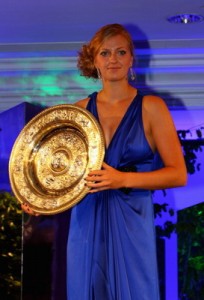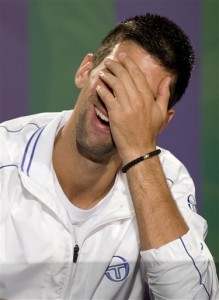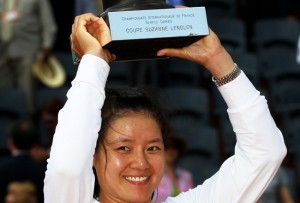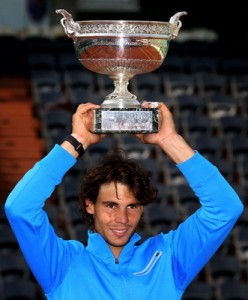Petra Kvitova Captures Wimbledon: Tops the Women’s Tennis Power Ranking 7
Who has not heard the news? A whole new era is afoot in women’s tennis.
Considering the players who captured headlines and the attention of tennis pundits during the second week of the 2011 Wimbledon Championships – you quickly surmised that the usual suspects were missing in action.
Gone was defending champion Serena Williams who had held the Rosewater Dish aloft four times, hoping that 2011 would bring her five.
Another Wimbledon win would tie Serena with her older sister Venus Williams who had won the All England Club Championship five times. Venus was also no longer in the house.
Absent, too, were French Open champion Li Na, who lost in the second round in a fierce contest as well as the No. 1 seed Caroline Wozniacki who failed again to make the Wimbledon quarterfinals.
No. 2 ranked Kim Clijsters never checked in for Championships, still sidelined with an ankle injury.
That left the field wide open for a newly invigorated Maria Sharapova, the wide-eyed power game of German Sabine Lisicki, the finely-honed game of Victoria Azarkena and the excellent grass-court assault of Petra Kvitova. It was a worthy fortnight – an ultimate contrast in competence and mental fortitude.
The “Power Rankings” are compiled and presented by JA Allen, Marianne Bevis and Feng Rong using . We present the periodic rankings at least four times a year.
Following are the latest top ten in our women’s tennis power rankings as determined at the conclusion of the 2011 Wimbledon Championships in London.







